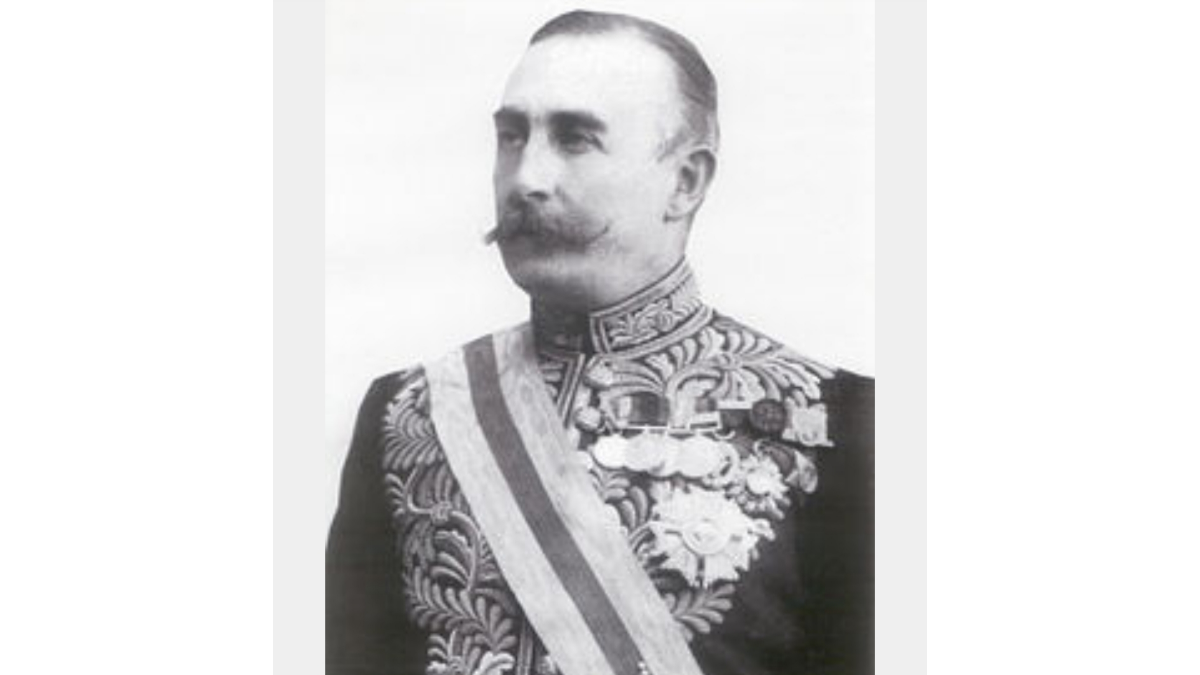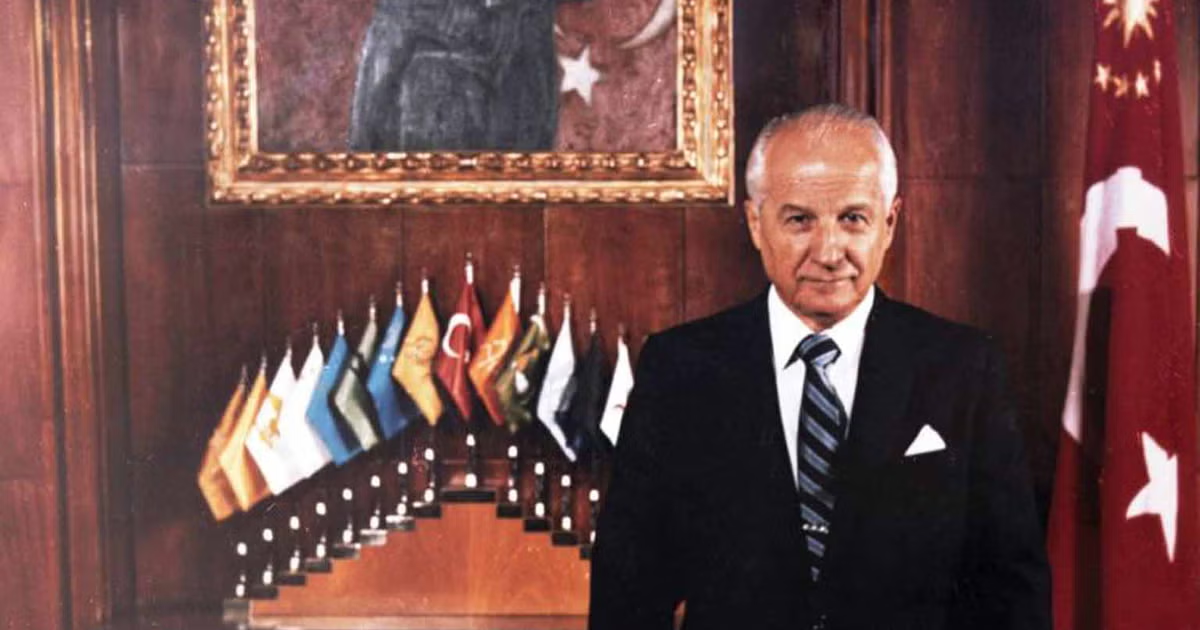
Lord Minto: The Governor General of Canada (1898–1904)
japanchildrenrights.org – Lord Minto, born Gilbert John Murray Kynynmound Elliot, served as the Governor General of Canada from 1898 to 1904. His time in office was a defining period for Canada as the country navigated the complexities of nation-building at the turn of the 20th century. During his tenure, Canada experienced significant political, social, and economic changes, including the expansion of the national railway, the completion of the Yukon Gold Rush, and the beginning of Canada’s growing independence on the international stage. Known for his diplomatic skills, his support for national development, and his personal engagement with the Canadian people, Lord Minto left a lasting impact on the country’s development.
Early Life and Background
Gilbert John Murray Kynynmound Elliot was born on March 9, 1845, into a distinguished Scottish family. He was educated at Eton College and Christ Church, Oxford, and later entered public service. Lord Minto’s career in British diplomacy and governance was extensive before his appointment to Canada. He held several prominent positions, including serving as the Governor of India from 1896 to 1898, where he earned a reputation for his governance and ability to manage complex colonial affairs.
His appointment as Governor General of Canada came as part of the British Crown’s continued efforts to find individuals who could balance the growing desire for Canadian self-governance with the need to maintain ties with Britain. Lord Minto’s background in diplomacy and his experience as a colonial governor made him a natural choice for the position.
Appointment as Governor General
Lord Minto was appointed Governor General of Canada in 1898, succeeding Lord Aberdeen. His tenure began during a time of transition, as Canada continued its journey towards full independence. The nation had established itself as a self-governing Dominion within the British Empire, but important questions about its identity, sovereignty, and role in global affairs were still being shaped.
His arrival coincided with a period of rapid development in Canada. The completion of the Canadian Pacific Railway, the opening of the western territories, and the increasing importance of resource industries such as mining, forestry, and agriculture were central to the country’s economic and social transformation. Additionally, Canada was facing the challenge of strengthening its political institutions while fostering unity among its diverse regions and peoples.
Lord Minto’s diplomatic and leadership skills were put to the test as he navigated these complex challenges and worked to solidify Canada’s emerging identity as a nation on the world stage.
Political Landscape and Canadian Identity
One of the key themes of Lord Minto’s tenure was the ongoing development of Canadian identity. Canada had grown from a collection of British colonies into a self-governing Dominion, but it was still working to define its place in the world. The question of Canadian autonomy was increasingly important as the country sought to assert itself politically and diplomatically, both within the British Empire and internationally.
Throughout his time in office, Lord Minto worked to ensure that Canada’s relationship with Britain remained strong while supporting the country’s increasing desire for self-determination. Minto’s diplomatic approach emphasized cooperation, mutual respect, and the gradual expansion of Canada’s political and economic powers.
One of the most notable moments during Lord Minto’s tenure was the passage of the Naval Service Act of 1910 (just after Minto’s tenure), which laid the foundation for the creation of Canada’s own navy. This act was a significant step in Canada’s journey toward greater autonomy and a stronger national identity.
Minto also played a critical role in promoting Canadian unity. His tenure saw continued efforts to bridge the gap between English and French-speaking Canadians, as well as the many Indigenous communities and immigrant groups that were becoming integral to the Canadian social fabric. His diplomatic efforts, particularly in addressing regional tensions, contributed to a more cohesive national identity during a period of growing diversity.
The Yukon Gold Rush and Western Expansion
A defining feature of Lord Minto’s time as Governor General was the rapid development and expansion of Canada’s western territories. The Yukon Gold Rush (1896-1899) brought thousands of prospectors and settlers to the northern territories, increasing the pressure to establish law and order in the region.
Lord Minto’s administration played a key role in overseeing the governance of the Yukon Territory, ensuring that the rush for gold was managed in an orderly manner. Under his leadership, Canada sent the Royal Northwest Mounted Police to the region to establish law and order, helping to ensure peace amid the influx of people.
Minto’s government also supported the development of infrastructure to support the growing population in the west. The completion of the White Pass and Yukon Route Railway, which connected the port of Skagway in Alaska to the Yukon, was one of the most important projects of his tenure, and it helped facilitate the transportation of goods and people into the region.
Indigenous Affairs and Social Challenges
The early 20th century marked a period of continued challenges for Canada’s Indigenous populations. Although Lord Minto was sympathetic to Indigenous issues and emphasized the need for peace and cooperation, his time in office did not significantly improve their situation. Policies regarding Indigenous peoples were still largely influenced by the British colonial approach, which often marginalized Indigenous communities and undermined their rights.
While Minto took steps to address Indigenous concerns, the government’s actions during his tenure did not significantly improve the conditions for Indigenous communities. Issues such as land rights, the treatment of Indigenous children in residential schools, and the erosion of Indigenous cultures and ways of life continued to be major challenges.
However, Lord Minto’s diplomatic efforts were instrumental in ensuring that these issues did not cause major unrest during his tenure. His approach emphasized tolerance and engagement, helping to mitigate tensions in a country with such diverse populations.
Personal Legacy and Public Engagement
Lord Minto’s personal engagement with Canadians was one of his most distinctive qualities as Governor General. He was deeply interested in the welfare of the country and frequently traveled across Canada to visit communities, learn about local issues, and understand the challenges facing the people.
His engagement with the Canadian people helped to strengthen the connection between the Governor General’s office and the citizens of Canada. Lord Minto’s reputation for personal integrity, fairness, and diplomatic skill earned him widespread respect, and his efforts to promote Canadian unity during a period of rapid change were crucial to maintaining political stability and social harmony.
Conclusion
Lord Minto’s tenure as Governor General of Canada (1898–1904) was a period of significant growth and transformation for the young Dominion. His leadership, diplomatic skill, and personal engagement with Canadians helped foster national unity and promote Canadian autonomy. While his time in office saw significant strides in infrastructure, economic development, and political maturation, Canada’s journey towards full independence and self-identity was far from complete.
Lord Minto’s legacy remains an important part of Canada’s history, especially in its efforts to establish a stronger, more unified national identity. His contributions to Canadian society helped lay the groundwork for the country’s future development as a proud and independent nation within the Commonwealth.


